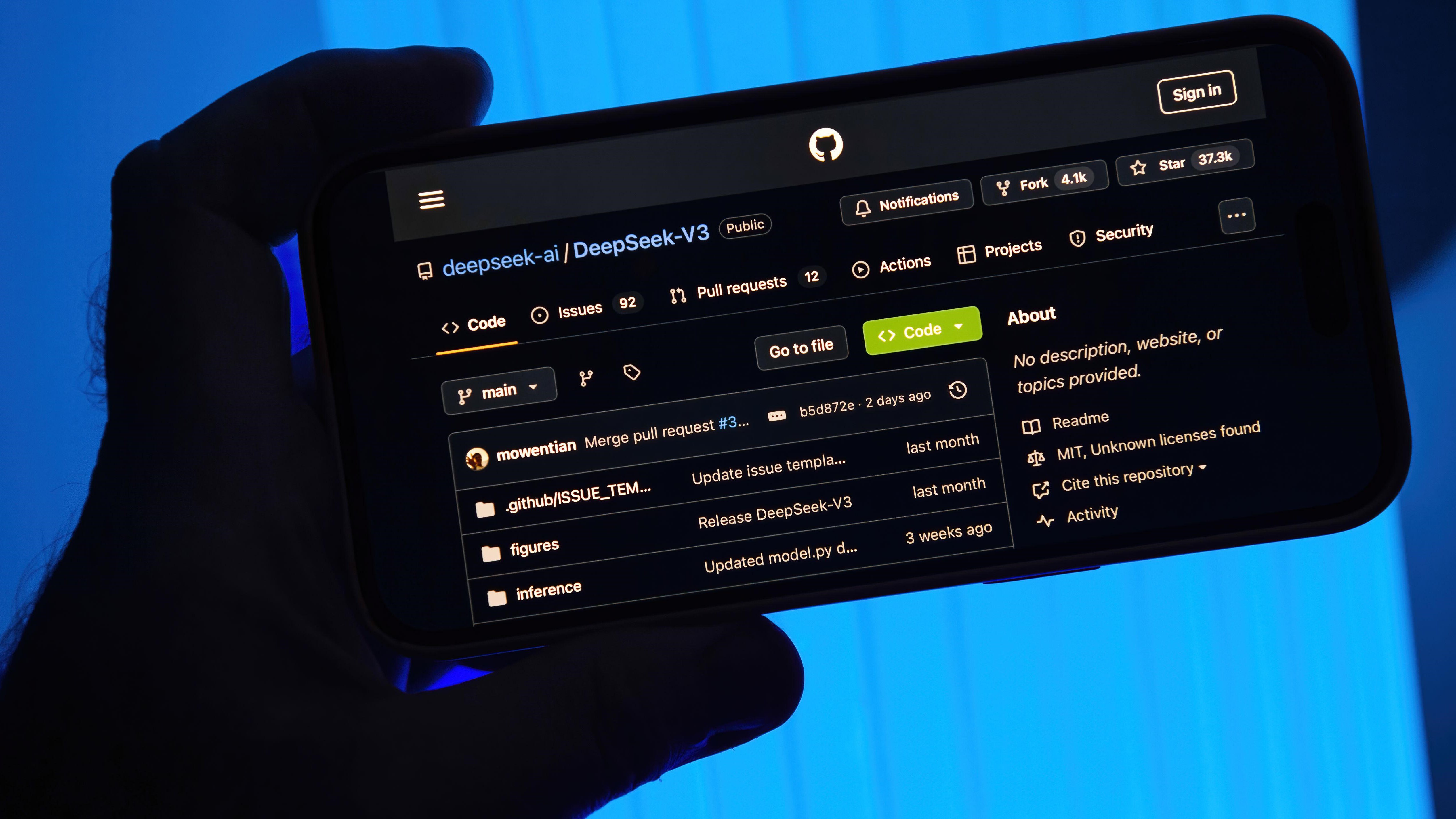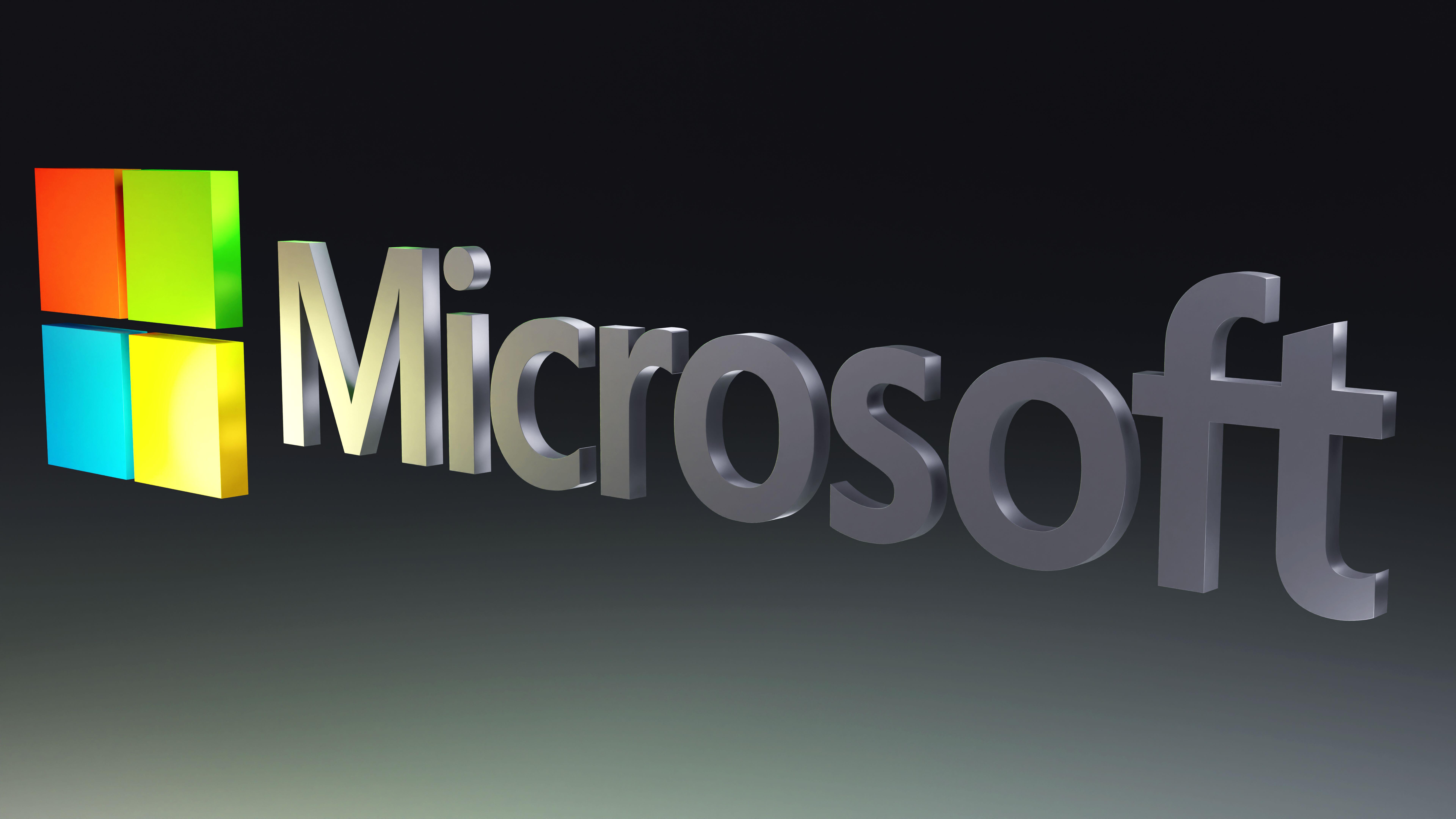Roundcube XSS Vulnerability Let Attackers Inject Malicious Files
A critical Cross-Site Scripting (XSS) vulnerability, tracked as CVE-2024-57004, has been discovered in Roundcube Webmail version 1.6.9. This flaw allows remote authenticated users to upload malicious files disguised as email attachments, posing significant risks to individuals and organizations using the popular open-source webmail client. The vulnerability stems from insufficient sanitization of user input during the […] The post Roundcube XSS Vulnerability Let Attackers Inject Malicious Files appeared first on Cyber Security News.

A critical Cross-Site Scripting (XSS) vulnerability, tracked as CVE-2024-57004, has been discovered in Roundcube Webmail version 1.6.9.
This flaw allows remote authenticated users to upload malicious files disguised as email attachments, posing significant risks to individuals and organizations using the popular open-source webmail client.
The vulnerability stems from insufficient sanitization of user input during the handling of email attachments.
Attackers can exploit this flaw by uploading a malicious file as an attachment to an email, which is then stored in the “SENT” folder.
When a victim accesses this folder, the embedded script within the malicious file executes in their browser. This can lead to unauthorized access to sensitive data or further exploitation of the user’s account.
Overview of the Vulnerability
The root cause of CVE-2024-57004 lies in a failure to validate and sanitize file content and MIME types during upload. Specifically, the vulnerability permits attackers to inject arbitrary JavaScript or malicious scripts into attachments.
These scripts are executed when the victim views the compromised email in their “SENT” folder, triggering a Stored XSS attack.
This type of XSS attack is particularly dangerous because it requires minimal interaction from the victim. The attacker only needs access to an authenticated account on the system to craft and send a malicious email.
Exploitation of CVE-2024-57004 can have widespread consequences, including:
- Data Theft: Attackers can steal sensitive information such as login credentials, email content, and personal data stored in browser sessions.
- Account Compromise: The vulnerability may allow attackers to hijack user accounts or gain unauthorized access to corporate email servers.
- Malware Propagation: Injected malicious files could spread malware to other systems connected to the Roundcube deployment.
Mitigation and Recommendations
The Roundcube development team has acknowledged this vulnerability and released a patch in version 1.6.10 to address the issue.
The patch introduces stricter input validation during file uploads and enforces Content Security Policies (CSPs) for handling attachments.
- Upgrade Immediately: Users are strongly advised to update their Roundcube installations to version 1.6.10 or later.
- Implement Security Best Practices: Limit user permissions, employ web application firewalls (WAFs), and monitor webmail activity logs for unusual behavior.
- Educate Users: Train users on recognizing phishing attempts and suspicious email activity.
This vulnerability highlights the persistent threat posed by XSS attacks in webmail applications like Roundcube.
Similar vulnerabilities have been exploited in recent years, such as CVE-2024-37383, which targeted SVG attributes in emails, and CVE-2023-5631, used by state-sponsored actors for espionage campaigns.
Organizations must remain vigilant by keeping software updated and implementing robust security measures to mitigate risks associated with such vulnerabilities.
Investigate Real-World Malicious Links & Phishing Attacks With Threat Intelligence Lookup - Try for Free
The post Roundcube XSS Vulnerability Let Attackers Inject Malicious Files appeared first on Cyber Security News.















































































